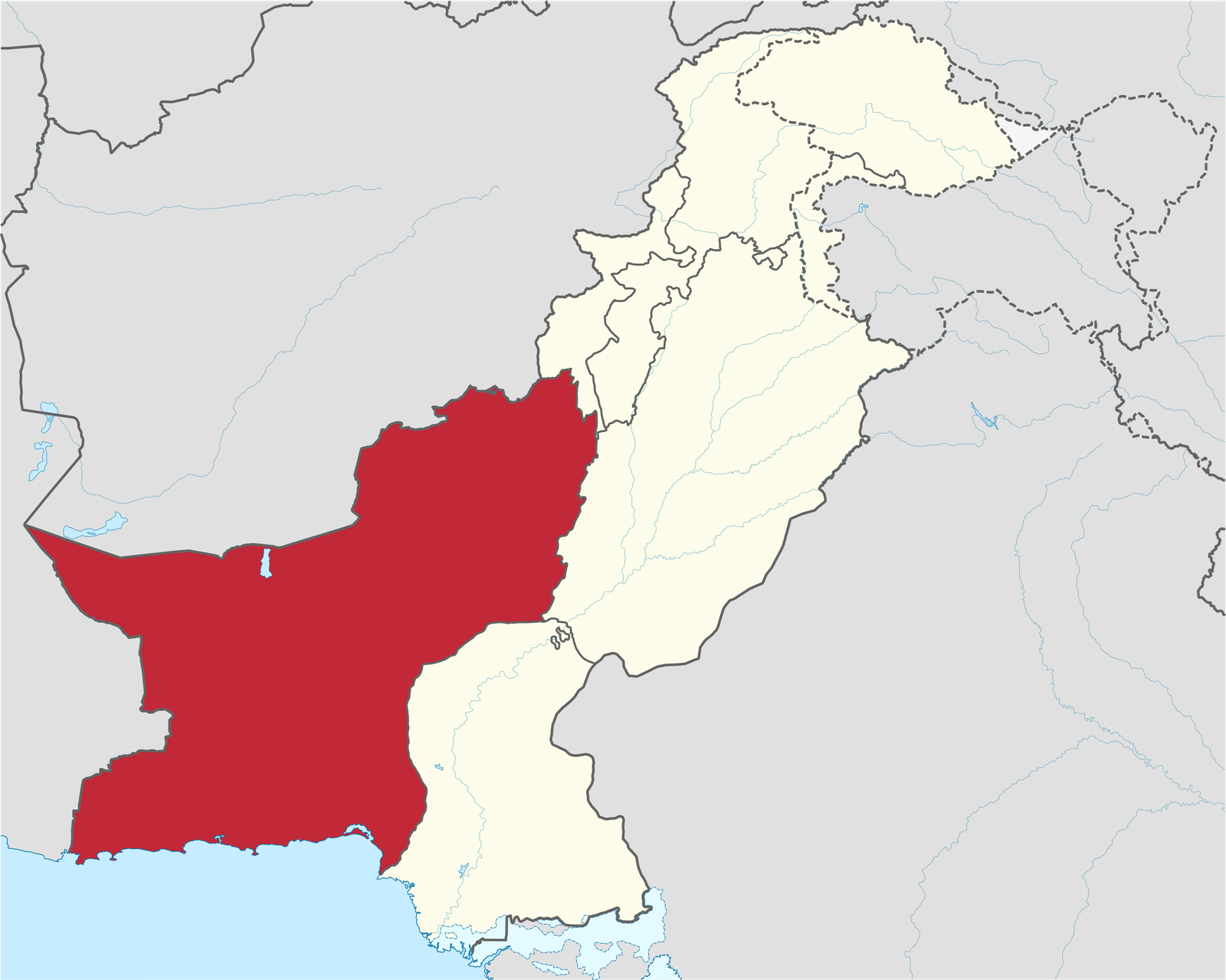Editorial
The standards of curriculum for a country are essential for several reasons. Standards can provide a clear and consistent framework for what students should learn and be able to do in each grade level and subject area. This can help teachers plan and deliver effective instruction, as well as assess student progress and achievement. Curriculum standards develop the foundation of an education system critical for the development and growth of the nation.
Curriculum standards can also ensure that students nationwide have equal access to high-quality education, regardless of their location, background, or ability. This can help reduce educational gaps and promote social justice.
Furthermore, curriculum standards can also foster collaboration and communication among teachers, students, parents, and other stakeholders. They can share best practices, resources, and feedback to improve teaching and learning by having a common language and vision for education. However, curriculum development is more challenging in a federation. Pakistan is a federation. Therefore, it is the provinces’ constitutional prerogative to develop the curriculum standards. Hence, provinces will cooperate more to raise curriculum development standards mutually, considering the federal governance scheme.
Please, subscribe to the website of the republicpolicy.com
There are also specific challenges in this regard. Curriculum standards can also pose some challenges for teachers and students. For example, some teachers may feel constrained or pressured by the standards and may lose their creativity and autonomy in designing their own curriculum.
Some students may also need help to meet the expectations of the standards, especially if they are not aligned with their interests, needs, or abilities. This can lead to frustration, boredom, or disengagement.
Curriculum standards can also be influenced by political or ideological agendas, which may not reflect the diversity and complexity of the real world. This can result in a narrow or biased curriculum that excludes or marginalizes some perspectives, cultures, or values.
Therefore, curriculum standards can have both positive and negative impacts on education. It is important to balance the benefits of having a common and coherent framework for learning with the challenges of ensuring that the curriculum is relevant, flexible, and inclusive for all students.
Please, subscribe to the monthly magazines of republicpolicy.com














